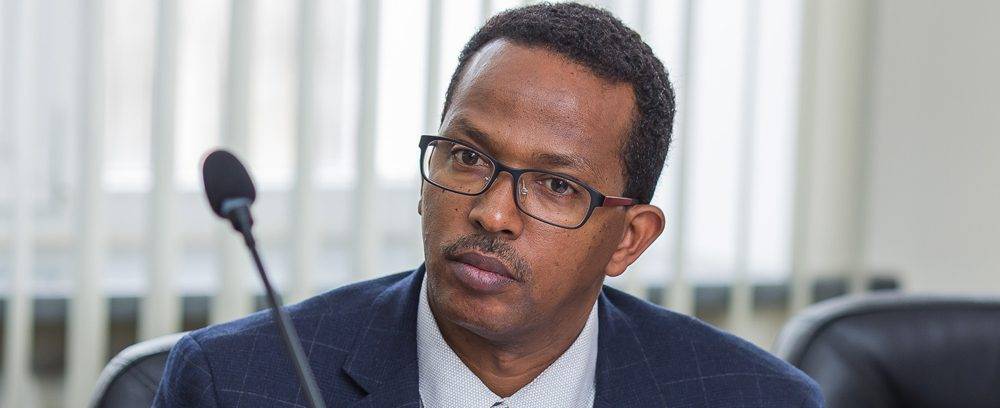Why Ethiopia Got That USD 100 Mn Boost From The UAE

When Prime Minister Abiy Ahmed was elected last year, he brought along with him policies that changed the way Ethiopia does business. His regime also saw the beginning of reforms in finance, telecoms, and education, all of which were signs that technology was becoming a top priority.
With the many seemingly radical changes brought on by the new administration, Addis Ababa, the East African country’s capital, is believed to be growing into one of the continents’ leading innovation centres. That is, rivaling other hotspots such as Lagos, Nairobi and Cape Town.
More than half of the tech hubs on the continent are located in Nigeria, Ghana, Kenya and South Africa, and these four countries’ economies are doing quite a solid for the region. The same country quad accounted for up to three-quarters of the total venture capital secured by startups – and it has been that way for the last few years.
Ethiopia has sustained about two decades of substantial economic growth. That notwithstanding, the country has one of the lowest GDPs per capita (USD 767.56) in the world, especially as most people are subsistence farmers. The “Horn of Africa” is also a landlocked country, and that’s just one of the many drawbacks.
In the country, there is a lumbering government-owned telecoms monopoly, accompanied by a tremendously low internet penetration. Less than 1 percent of Ethiopians are connected to the interwebs, and the country has entered the league of African nations to have shut down internet access for a long period.
The mobile penetration is just 17 percent, which is why the government is becoming very conscious of security and choosing to approach its economic challenges with new technologies.
In recent years, however, Ethiopia has become a model for the rise of the African continent. Back in the 1980s, the country was the poster child for poverty and famine, but since 2004 it has recorded an average of 10 percent growth rate.
These are just a few of the many testimonies to the fact that the country is in the middle of an impressive economic turnaround, perhaps on its way to become one of Africa’s powerhouses.
Taking cognizance of these challenges and wanting to address them properly, Ethiopia is fast turning to technology, as great ideas are essentially solutions to just about any kind of problem.
Recently, the nation signed an agreement worth USD 100 Mn and the pack of funds was to support Ethiopia’s government’s effort to foster innovation and technology.

According to reports that followed the development, the grant is supposed to boost the capacity of micro, small and medium enterprises. But huge emphasis was given to businesses operating in the country’s tech sectors, according to the Prime Minister’s Office.
Ethiopia’s Minister of Innovation and Technology, Getahun Mekuria (featured image), said the financial assistance which came from the UAE’s Khalifa Fund for Enterprise Development, would majorly be used by agribusinesses, agro-processing enterprises and IT service providers, apart from energy and manufacturing firms.
“Under this agreement, the KFED looks towards providing the vital elements needed in helping Ethiopians realize and establish their own projects, which can play a key role in the move to reinforce their national economy. We also look forward to helping them in promoting sustainable development across the different regions of the country,” Al Nowais, chairman, KFED, said.
The new deal will mow the bushy lawn leading to the innovation front door of Ethiopia. Not just that, but it will also bolster entrepreneurship culture in the country. Al Nowais informed that the financial boost would enable the implementation of a series of projects that hopefully will consolidate the government’s strides in creating a stable and balanced Ethiopian economy.
The USD 100 Mn will also drive-in in other benefits like the creation of employment opportunities for the youth, women empowerment and enhanced capacity building for entrepreneurs and local institutions.
This was the same narrative last year, when the Khalifa Fund granted USD 25 Mn to Niger Republic for the West African country to boost its SME sector.